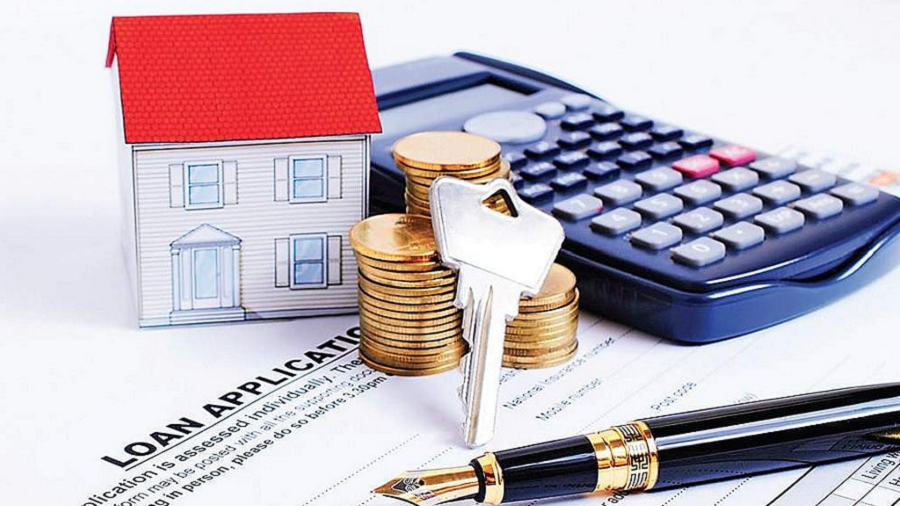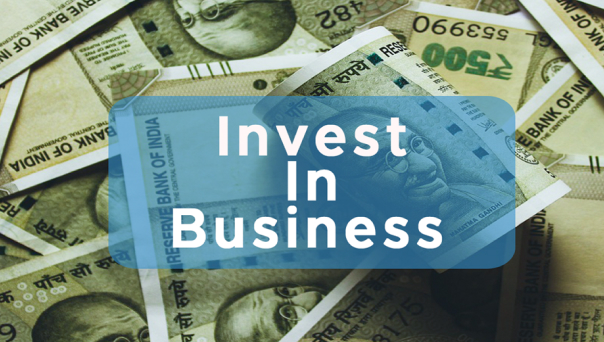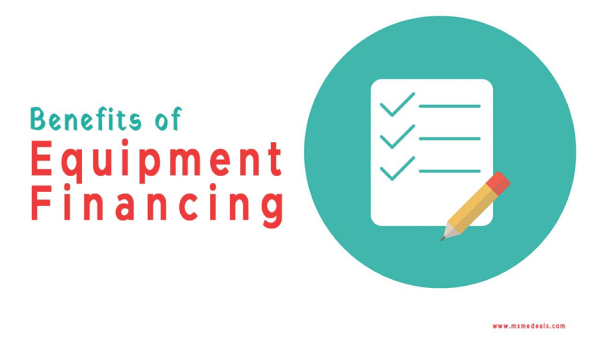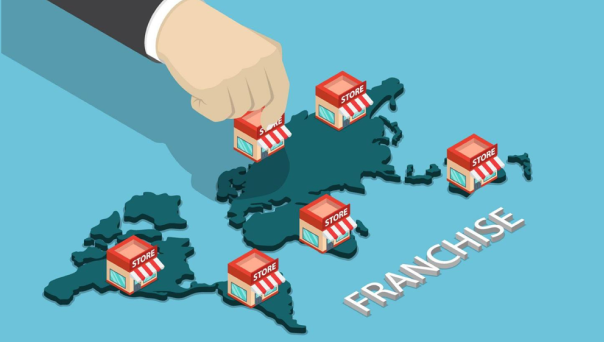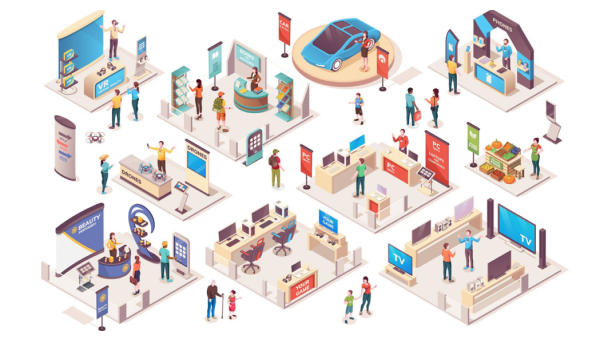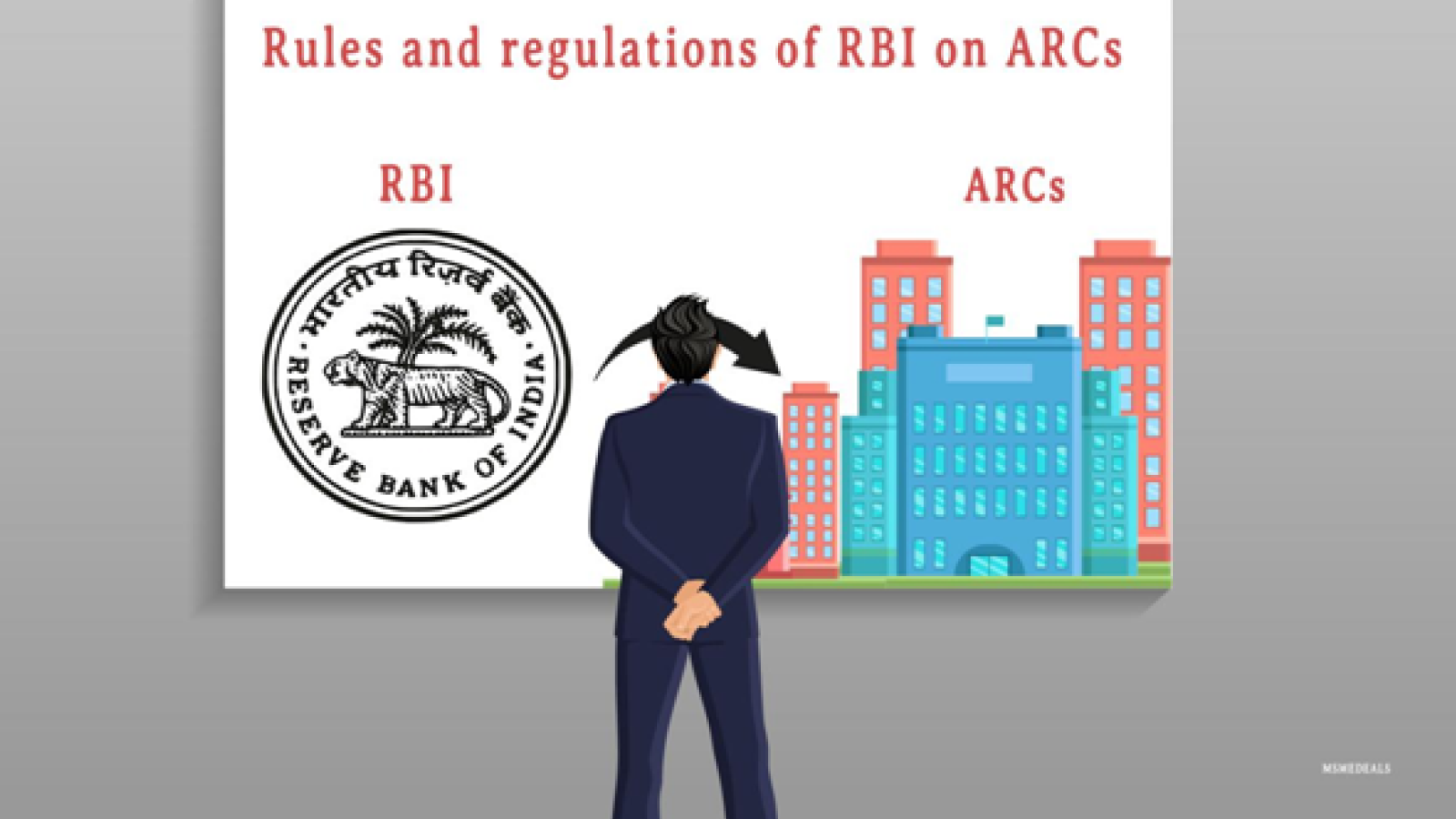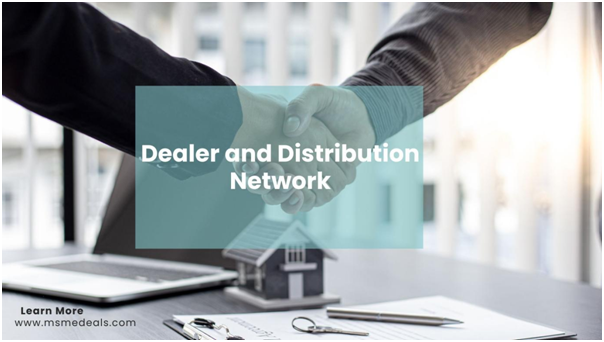
Dealer and Distribution Network
In the realm of business, particularly in manufacturing and retail, a dealer and a distributor are both middlemen who help get products from the manufacturer to the customer, a dealer connects distributors with potential customers while a distributor creates the link between the dealer and the manufacturer. A dealer buys goods to sell them off as part of their regular business, from his or her stock.A well-organized network can significantly enhance a company's market reach, customer satisfaction, and overall profitability. Let's explore the intricacies of dealer and distribution networks and understand their importance.
What is a Dealer Network?
A dealer network comprises independent businesses that sell a manufacturer's products directly to customers. Dealers act as intermediaries between the manufacturer and the consumer, providing a crucial link in the supply chain.
Key Roles of Dealers:
- 1. Sales and Marketing: Dealers are responsible for promoting and selling the manufacturer's products within their designated territories.
- 2. Customer Support: They provide after-sales services, handle customer inquiries, and offer technical support.
- 3. Inventory Management: Dealers manage stock levels to ensure product availability and timely delivery to customers.
- 4. Market Feedback: They provide valuable insights and feedback to manufacturers about market trends, customer preferences, and competitor activities.
What is a Distribution Network?
A distribution network involves a system of intermediaries, such as distributors, wholesalers, and retailers, that work together to move products from the manufacturer to the final consumer. This network ensures the efficient flow of goods through various stages of the supply chain.
Key Components of a Distribution Network:
- 1. Distributors:Distributors purchase products in bulk from manufacturers and sell them to retailers or directly to consumers.
They often provide value-added services such as storage, transportation, and logistics management. - 2. Wholesalers:
Wholesalers buy products in large quantities from distributors or manufacturers and sell them in smaller quantities to retailers.
They play a crucial role in breaking bulk and providing a wide range of products to retailers. - 3. Retailers:Retailers sell products directly to the end consumers through various channels, including brick-and-mortar stores, online platforms, and catalogues.
They are the final link in the distribution chain, ensuring that products are accessible to customers.Benefits of an Effective Dealer and Distribution Network:
- 1. Market Penetration and Expansion:
A strong network enables businesses to reach wider geographical areas and penetrate new markets efficiently.
Dealers and distributors have established local market knowledge and relationships, facilitating quicker market entry. - 2. Cost Efficiency:Distributors and wholesalers buy in bulk, which can reduce the cost per unit for manufacturers.
Efficient distribution networks minimize transportation and logistics costs, improving overall profitability. - 3. Customer Satisfaction:Timely availability of products through an organized network ensures high customer satisfaction and loyalty.
Local dealers and retailers can provide personalized services and immediate support, enhancing the customer experience. - 4. Risk Mitigation:
Diversifying sales channels through a robust network reduces dependence on a single sales channel or market.
Distributors and dealers can help manage market risks by adapting quickly to local market changes. - 5. Focus on Core Competencies:By outsourcing distribution and sales functions to specialized intermediaries, manufacturers can focus on core activities such as product development and manufacturing.
This leads to better resource allocation and enhanced product quality.
Strategies for Building a Strong Dealer and Distribution Network:
- 1. Selecting the Right Partners:
Choose dealers and distributors with a good market reputation, financial stability, and extensive market reach.
Ensure that they align with your company’s values and business objectives. - 2. Training and Support:Provide comprehensive training to dealers and distributors on product features, sales techniques, and customer service.
Offer ongoing support through marketing materials, promotional campaigns, and technical assistance. - 3. Incentive Programs:Implement incentive programs to motivate dealers and distributors to achieve sales targets and maintain high performance.
Offer rewards, discounts, and bonuses based on performance metrics. - 4. Regular Communication:Maintain open and regular communication with your network to share updates, address issues, and gather feedback.
Use technology platforms to streamline communication and information sharing. - 5. Performance Monitoring:Establish key performance indicators (KPIs) to evaluate the effectiveness of your dealer and distribution network.
○ Conduct regular reviews and audits to ensure compliance with standards and identify areas for improvement.
Conclusion
A well-structured dealer and distribution network is essential for the success of any business aiming to scale its operations and improve market reach. By leveraging the strengths of dealers, distributors, and other intermediaries, companies can achieve greater market penetration, cost efficiency, and customer satisfaction. Building and maintaining a robust network requires strategic planning, effective partner selection, and continuous support and monitoring.
Investing in your dealer and distribution network is not just about expanding your market presence; it’s about creating a seamless and efficient supply chain that benefits all stakeholders involved. As the business landscape continues to evolve, a strong and adaptive network will remain a cornerstone of sustainable growth and competitive advantage. - 1. Market Penetration and Expansion:
A strong network enables businesses to reach wider geographical areas and penetrate new markets efficiently.


